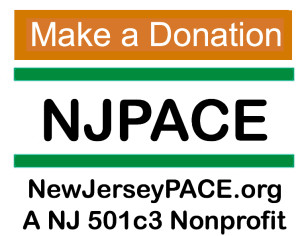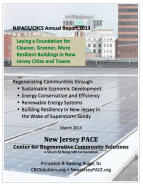 Developing our crowdfunding campaign is giving us an extraordinary opportunity to explore using PACE to revitalize New Jersey communities. By itself, PACE is an innovative business model that creates jobs and economic development while providing the ultimate tool to finance energy efficiency and renewable energy projects on private properties. But leveraging PACE for community development is where the real payoff is, that is to say, for the benefit of the community as a whole.
Developing our crowdfunding campaign is giving us an extraordinary opportunity to explore using PACE to revitalize New Jersey communities. By itself, PACE is an innovative business model that creates jobs and economic development while providing the ultimate tool to finance energy efficiency and renewable energy projects on private properties. But leveraging PACE for community development is where the real payoff is, that is to say, for the benefit of the community as a whole.
About CRCS
The Center for Regenerative Community Solutions (CRCS) is a 501c3 NJ nonprofit organization committed to:
• Providing community engagement in planning for sustainability
• Assisting local governments to adapt to climate change
• Helping small businesses and other non-profits to reduce climate change impacts in low and moderate-income communities, including communities impacted by Hurricane Sandy-

Except where noted, all posts on this site by CRCS are licensed under a Creative Commons Attribution 4.0 International License. Please link to the appropriate post at https://crcsolutions.org/. -
Latest Updates
Related Content




